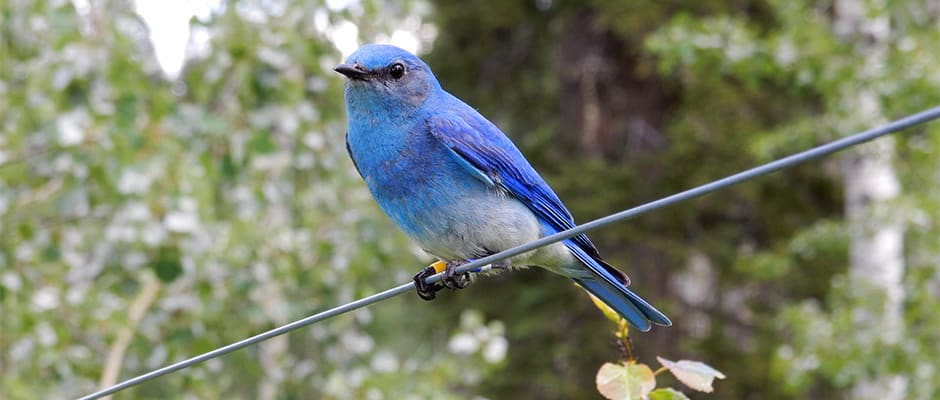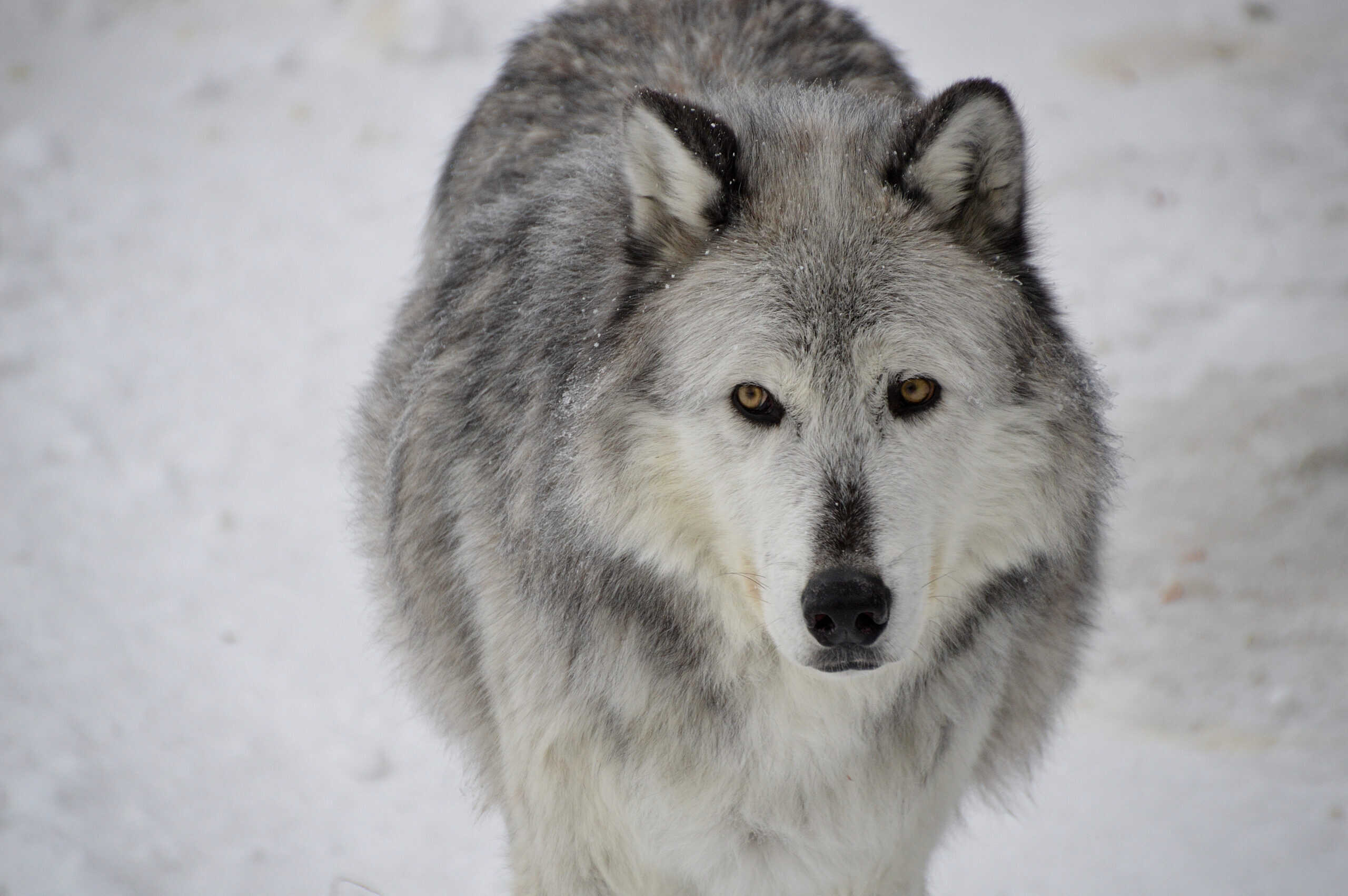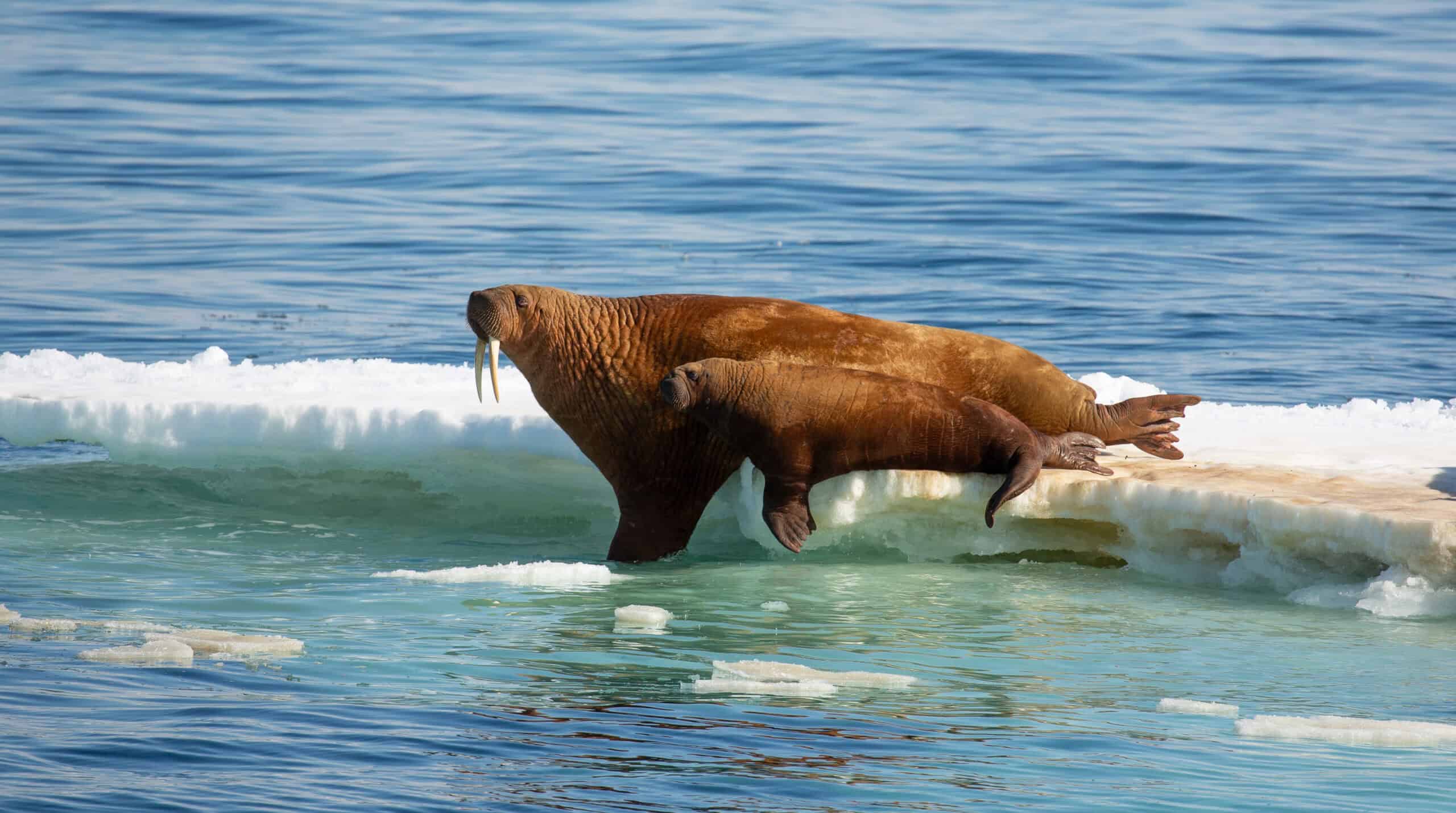Share this article
Climate change could strip bluebirds of their ‘home-court advantage’
What do basketball teams and bluebirds have in common? Both may gain a “home-court advantage” from competing on their own ground. A new study found that at newly placed nest boxes, western bluebirds (Sialia mexicana) usually lost to tree swallows (Tachycineta bicolor) in battles over the nest site. But if the bluebirds got there first and took possession of a nest box, they were evenly matched against the invaders.
Currently, bluebirds typically do arrive first from their migrations, but that could change as the climate warms, according to the researchers.
“I think the study provides an interesting example of how interactions between species may be affected in subtle ways, which we do not often think about,” said Karen Wiebe, a behavioral ecologist from the University of Saskatchewan, who conducted the study published this week in The Auk: Ornithological Advances. “Numerous studies have been done on climate change and its effects on food supply in birds, and also on timing of migration. However, this is one of the first to point to an effect on the ability to secure and defend a nest site against competitors.”
To find out what determined the outcome of nest site competitions, Wiebe conducted a series of experiments in the open grasslands of British Columbia, Canada. First, she would place two nest boxes on fence posts six yards apart, and wait for pairs of bluebirds and swallows to move in side-by-side. Then, she would either block the entrance to one nest box, or block them both and provide a third box for the birds to fight over. Out of 30 experiments in which both original boxes were blocked, the swallows won possession of the new, neutral boxes 70 percent of the time. But if only one pair of birds lost their nest box, that disparity disappeared, with both species managing to steal the other’s nest box about a quarter to a third of the time.
Wiebe says she wasn’t surprised that the bluebirds had trouble competing, despite their larger size. In fact, she was impressed that they won as many battles as they did. At first glance, she says, the swallows appear more confrontational, dive-bombing people who approach their nest. “But when you observe bluebirds in the field, they really put in a lot of energy and effort to try to chase swallow intruders.”
Past research has found that western bluebirds are migrating later as the climate warms, but there’s no reason to assume that swallows will react the same way, says Wiebe. The birds have different needs and lifestyles, with swallows performing aerial acrobatics to catch flying insects, and bluebirds feeding on fruit and crawling insects. Currently, the bluebirds arrive at Wiebe’s study site about two weeks before the swallows, enabling them to claim nest cavities first. But if the bluebirds shift their migrations later, they could find themselves unable to compete for the sites they need to raise young. The findings point toward the complex ways in which climate change could upset ecosystems, revealing balance points that are hard to recognize until they tip.
Header Image: A male western bluebird from Wiebe’s study perches on a wire. As global warming shifts the timing of migrations, western bluebirds could face a disadvantage in competitions for nest sites. ©Karen Wiebe








